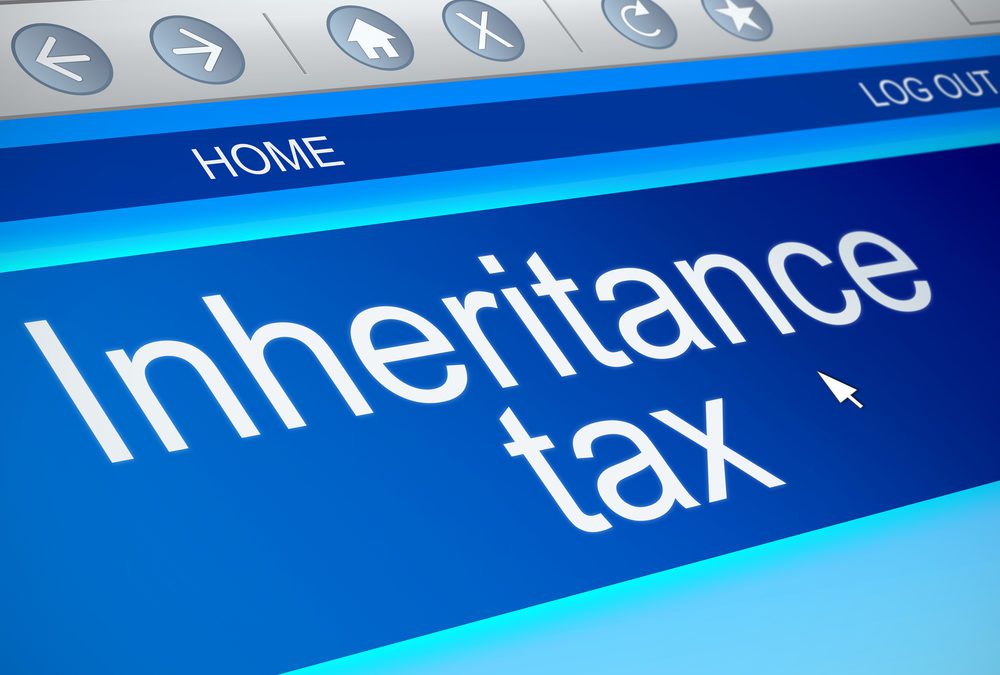None of us likes to think about what will happen after we die, but if you understand the basics of Inheritance Tax then you can consider planning ahead for the benefit of your loved ones.
It’s a morbid topic, but one seriously worth thinking about. If you have family or loved ones and you want them to receive the full value of your assets when you die, then you will want to learn about Inheritance Tax and how it works. Let’s break it down and take a closer look at the basics.
What is Inheritance Tax?
Inheritance Tax is a tax potentially due on the estate (money, possessions, and assets) of a person who has died. If the value of a person’s estate is under a threshold of £325,000 there is normally no Inheritance Tax to pay. This is also the case if you leave everything above the £325,000 threshold to your spouse, civil partner, a charity, or a community amateur sports club.
What is the Inheritance Tax rate?
Inheritance Tax is charged at 40 per cent on the portion of the estate that is above the threshold. For instance, if your estate is worth £425,000, Inheritance Tax would be charged at 40 per cent on £100,000 (£425,000 minus the threshold of £325,000). However, if you leave ten per cent or more of the net value of your estate to a charity in your will, the estate can pay a reduced rate of 36 per cent on some assets.
Who pays it and how?
The person dealing with your estate (usually the executor of your will) will pay the tax to HMRC. Even if the value of your estate is below the threshold, it still needs to be reported to HMRC.
What if you want to leave your home to your spouse?
There is no Inheritance Tax to pay if you pass your home to your husband, wife, or civil partner when you die.
What if you want to leave your home to your children?
If you decide to leave your home to your children or grandchildren, your threshold can increase from £325,000 to £500,000, provided your estate is worth less than £2 million. This also applies to adopted, foster or stepchildren.
What if you give your home away before you die?
If you give your home away before you die, there is normally no Inheritance Tax to pay as long as you move out and live for another seven years. If you want to live in your property after giving it away, you’ll need to pay rent to the new owner at the going rate, pay your share of the bills and live there for at least seven years. There are a number of rules, regulations and issues to consider so you would be strongly advised to seek professional advice before making any arrangements.
What about other gifts?
Inheritance Tax may need to be paid after you die on some gifts you’ve given, if you’ve given them away less than seven years before you die. This depends on who you give the gift to, the value of it and when it was given. Gifts include money, household and personal goods such as jewellery or antiques, a house or land and stocks and shares. You are also able to make gifts out of excess income but again, there are very strict rules around what qualifies and what does not.
More Information
Inheritance Tax allowances, rules and qualifications are much more complex than we can cover in this article. We believe it is essential to take specialist advice, which our trusted business partners can help you with. Our Estate Planning Consultant and Will Writer Jeff Smith will be happy to help you. Please contact us for more information. You can also find more information about Inheritance Tax on the government’s website.
Please note: the figures quoted in this article are correct as of 20/12/2021 and may be subject to change.

